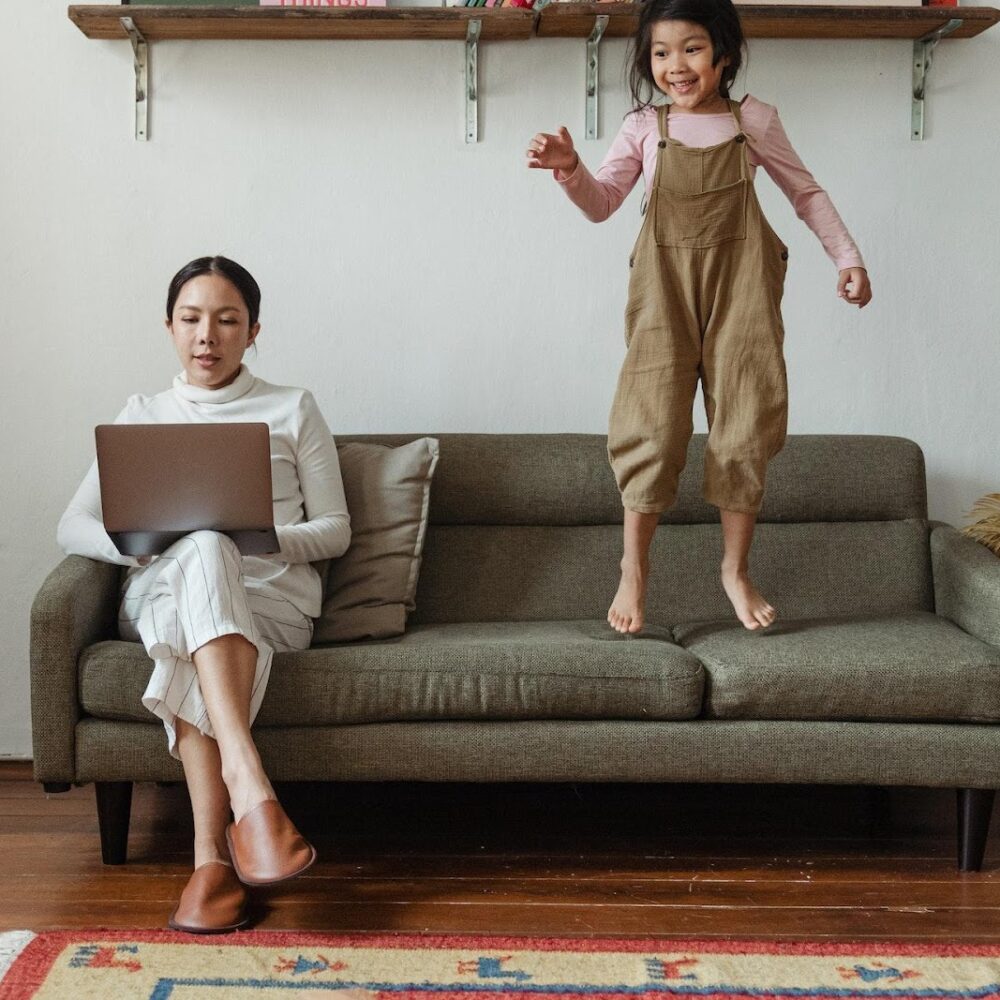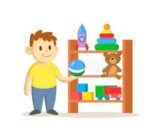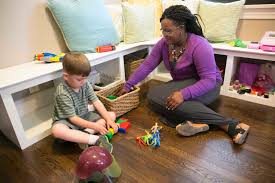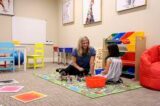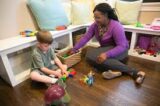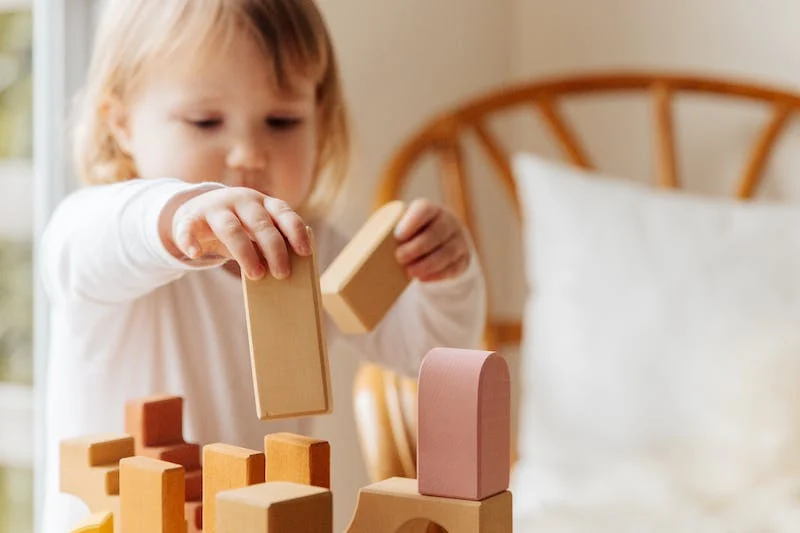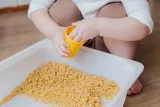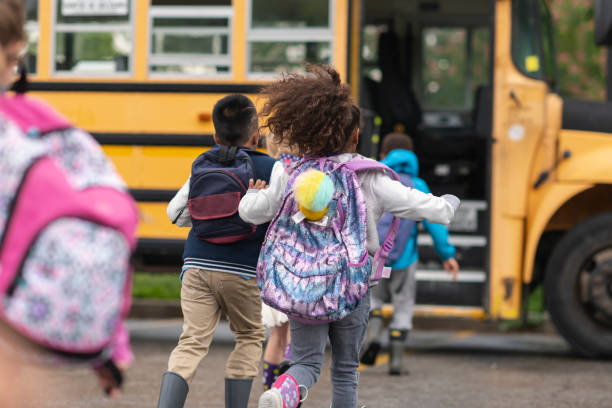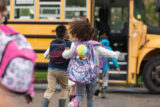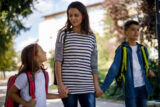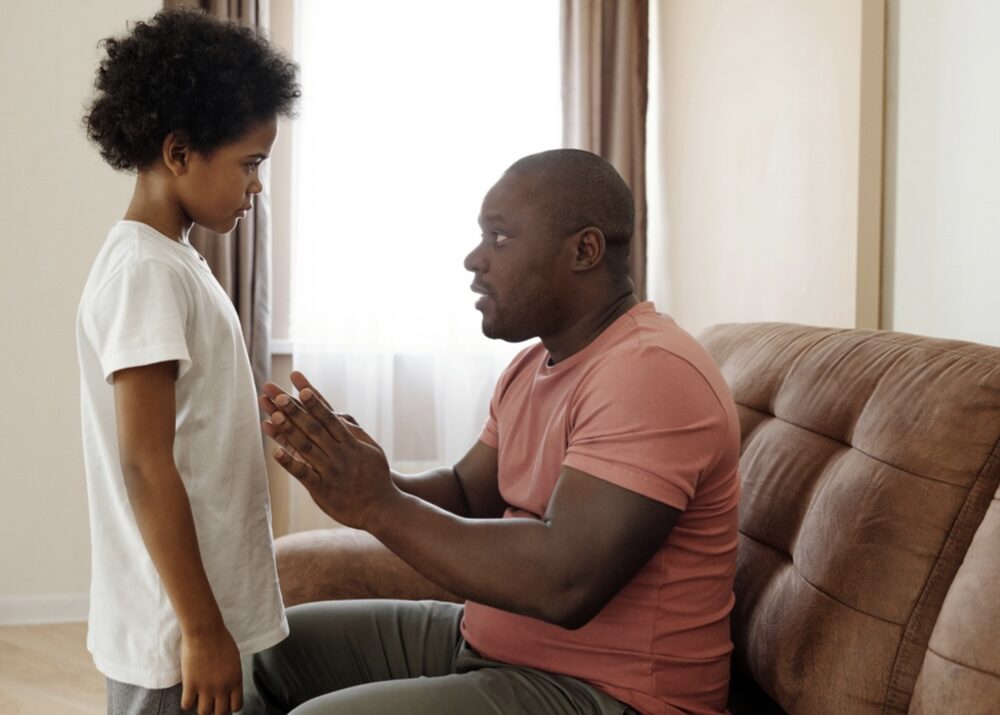
With the start of the new school year, parents may notice challenging behaviors in their children, such as:
- Trouble sleeping
- Complaining about stomach aches or other physical problems
- Avoiding certain situations
- Being clingy around parents or caregivers
- Trouble concentrating in class or being very fidgety
- Tantrums
- Being very self-conscious
According to the Child Mind Institute, these are symptoms often associated with anxiety. Childhood anxiety disorders are very common. Before COVID-19, the prevalence of anxiety in children was 11.6 %. After the pandemic, the rates went up to 19%, see reference here.
When returning to school, many children worry about getting along with a new teacher or need help making new friends.

Here are five things parents can do to help their children cope better with school-related anxiety.
- First, it is helpful to strengthen the child’s attachment or bond between the parents and children. Establish regular time for play with each child, even if it is only 10 minutes a day or every couple of days. It doesn’t have to be complicated or involved. Make it easy. Pull out a balloon and lob it back and forth. Sit and read a book together. Give each other a back rub or a foot rub. Play a card or board game like Connect 4, which doesn’t take long. You don’t have to break out Monopoly! Ensure your child knows you are there to hear their thoughts/concerns and feelings. Share with them how you found ways to cope as a child while going through a tough time. Kids love it when you share about yourself!
- Second, help your kids try calming methods, such as deep breathing, listening to calming music, singing, drinking water, splashing water on their faces, stretching, jumping jacks, coloring, etc. Different kids prefer different methods of calming down. Find one they prefer. Practice them together.
- Third, if they are nervous about making friends, let their teacher know and see if he/she can facilitate some connections with peers. When parents get involved with the school, they get to know other families, which creates more opportunities to facilitate friendships. Suggest a get-together after school with a classmate. Plan a structured activity for the get-together, like making cookies, to make it easier for shy kids who struggle with what to say. It is easier to talk about the task, saying things like, “We need to add vanilla next.”
- Fourth, recess and lunch can be stressful for socially anxious kids since it is less structured. Teach your kids some games to play at recess. Ask the teacher if they are allowed to bring a deck of UNO cards or teach them how to play games like Red Light Green Light. See the video for how to play, click here.
- Fifth, help kids practice social conversations when you have dinner together. You can role-play how to talk to peers. Have them practice asking kids relevant questions, like ‘What kinds of games do you like to play?’ or ‘What is your favorite dessert?’ You can even practice telling each other simple jokes, like “knock, knock jokes,” that they can share with peers.
In addition, remind your kids of successes they have had in the past, such as learning how to tie their shoelaces, balance on a scooter or a bike, swim, or do a forward roll or a cartwheel. Remind them that they can learn new things like they did in the past. Experiencing success helps kids build confidence, which is an antidote to anxiety.
There are many proven ways to overcome anxiety. If your child is getting overwhelmed and you need more support, feel free to contact one of our Crossroads counselors.


